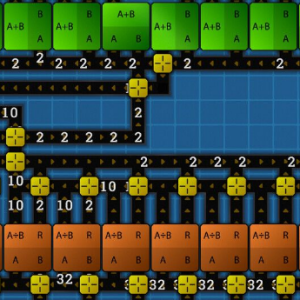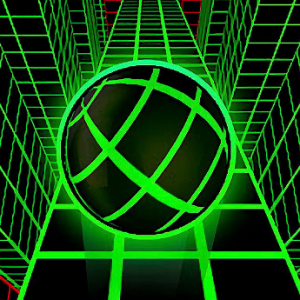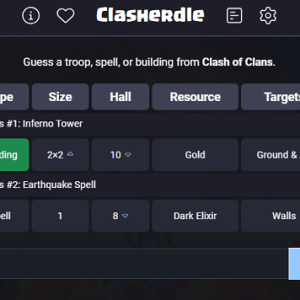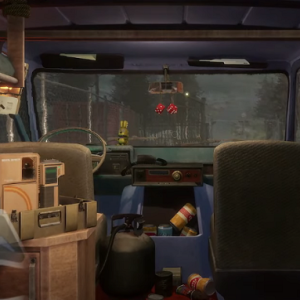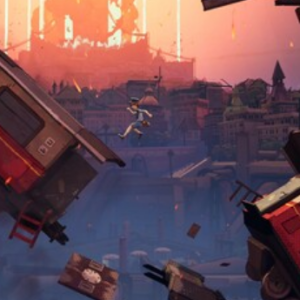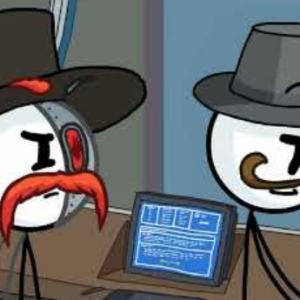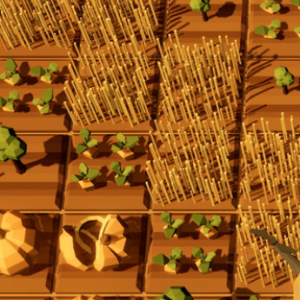Similiar games
Beltmatic introduces the player to a numerical production environment where conveyor belts serve as the backbone of every operation. Rather than processing physical goods, the system manipulates values that move from one structure to another. Each map contains extraction points that produce starting numbers, and the player must design an interconnected network that transforms these values into the final output. The emphasis lies not in speed but in logic: every choice influences how the arithmetic workflow unfolds.
Functional Layout and Number Routing
In Beltmatic the player is responsible for both constructing buildings and defining how numbers flow between them. Each extractor feeds raw values into operator structures that apply specific transformations. Belts then carry the results toward further processing nodes or to the target delivery point. Because the entire system operates continuously once activated, mistakes appear quickly, encouraging players to revise their setups. This interaction loop drives the experience: build, test, correct and optimise.
System Components and Operation Types
The core systems in Beltmatic include:
- Extracting initial numbers that serve as the base for calculations
- Sending values into arithmetic buildings that perform single operations
- Routing numbers with belts that determine direction, timing and throughput
- Expanding the layout with upgrades that allow more efficient or complex designs
These elements create a structured logic puzzle where solutions evolve through experimentation. Each map introduces new constraints, and the player must determine which operations to use and how to arrange them for maximum clarity and efficiency.
Spatial Constraints and Design Refinement
As Beltmatic progresses, the player encounters maps with irregular shapes, limited building areas or multiple extraction nodes that require synchronised input. Large target values demand longer chains of operations, while more compact goals require precise routing. Building too wide wastes space; building too narrow risks congestion. The puzzle deepens as players search for layouts that balance clarity and performance. Some levels encourage branching networks, while others reward compact sequences that minimise belt distance.
Overall Structure and Strategic Iteration
Beltmatic offers a design-focused experience centred on arithmetic problem solving and systematic planning. The player learns to break down numerical targets into modular steps, each represented by a building or belt configuration. Progress comes not from speed but from refinement: adjusting the order of operations, simplifying belt paths and implementing upgrades strategically. By blending factory automation with mathematical reasoning, the game creates an environment where each completed layout feels purposeful and thoughtfully engineered.


